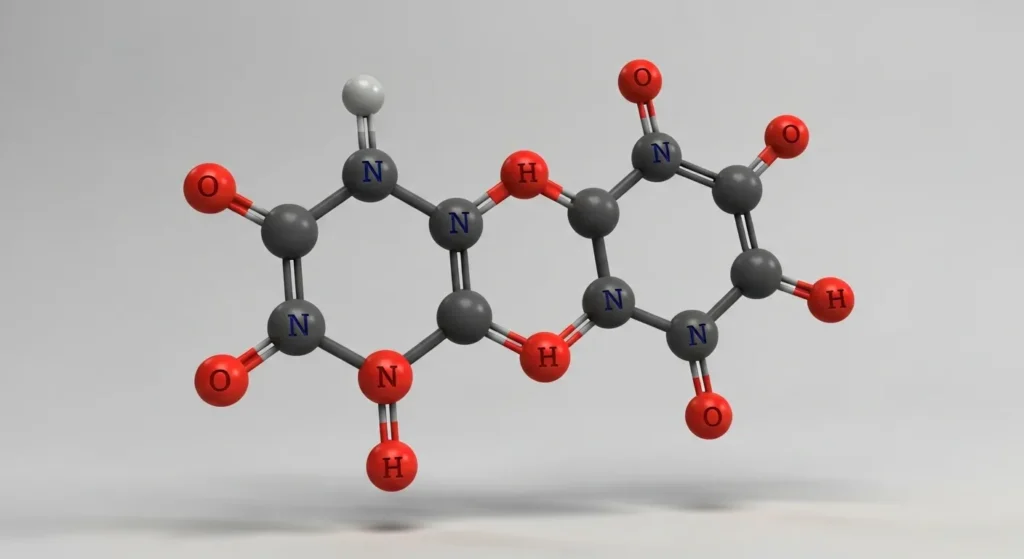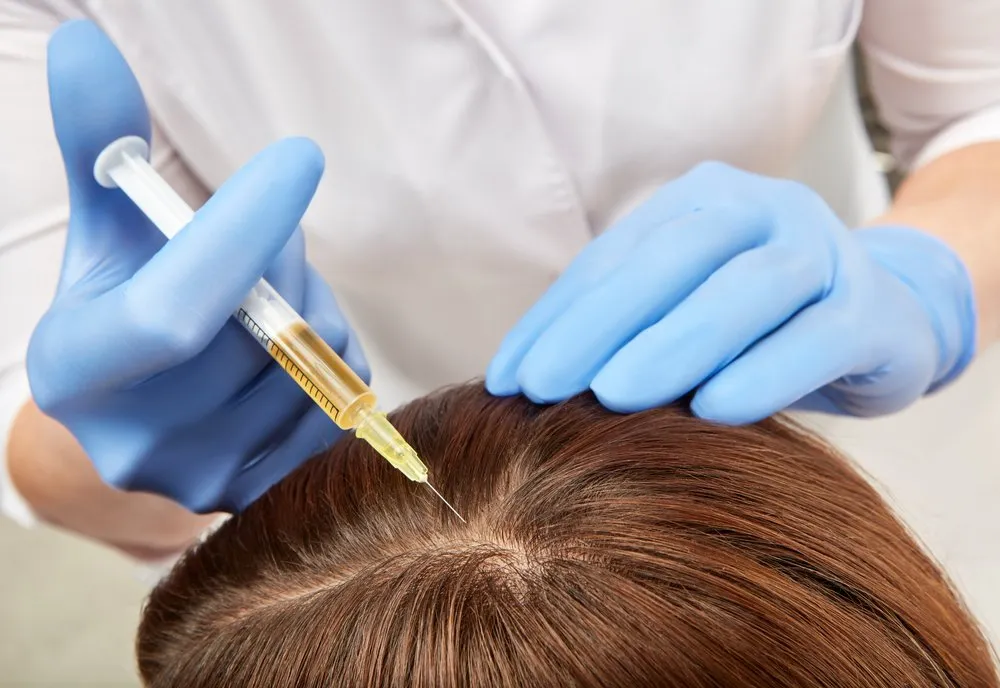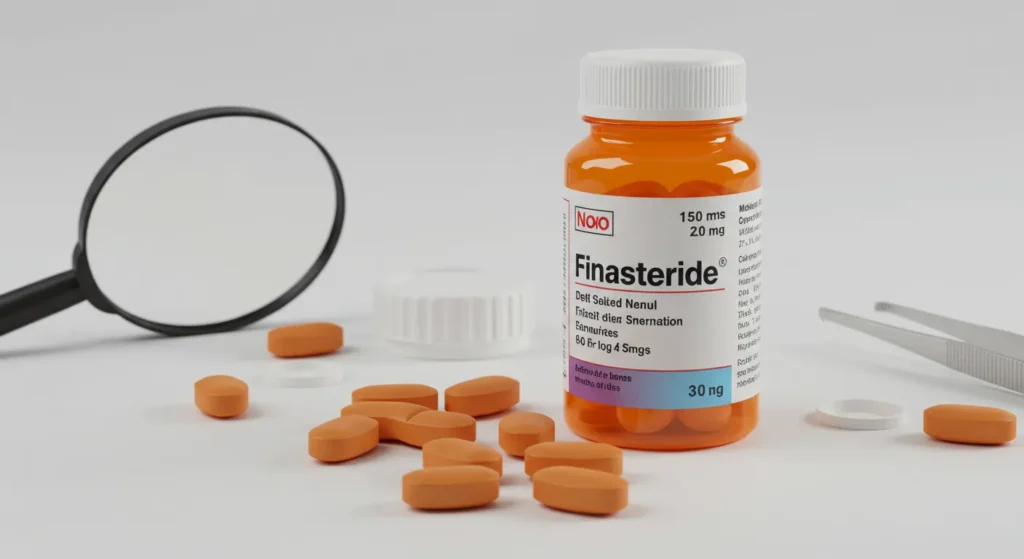Hair thinning and bald patches can be distressing, and many people today are wondering: Does nitric oxide help with hair loss? Nitric oxide (NO), a gas naturally produced in your body, improves blood circulation and reduces inflammation, two essential factors for hair follicle health.
This article explores the science behind nitric oxide and its link to hair growth, offers practical advice to naturally boost your NO levels, and explains how it compares to traditional treatments like Minoxidil or FUE. Let’s break it all down to help you make informed, expert-guided decisions.
What Is Nitric Oxide and How Does It Work in the Body?

The Role of Nitric Oxide in Circulation and Cell Health
Nitric oxide is a signaling molecule that plays a crucial role in vasodilation, widening of blood vessels. This helps increase oxygen and nutrient delivery to various parts of the body, including the scalp.
Natural Ways the Body Produces Nitric Oxide
Your body creates nitric oxide when you consume foods rich in nitrates or amino acids like L-arginine. Exercise and exposure to sunlight also promote nitric oxide synthesis.
Foods and Supplements That Boost Nitric Oxide Levels
- Leafy greens (spinach, arugula)
- Beetroot
- Citrus fruits
- L-arginine and L-citrulline supplements
- Dark chocolate and garlic
Nitric Oxide and Hair Growth – What the Science Says
The Link Between Blood Flow and Hair Follicle Health
Hair follicles rely on consistent blood flow to receive the oxygen and nutrients they need. Nitric oxide enhances this circulation, which may support stronger hair growth over time.
Research on Nitric Oxide’s Effect on Scalp Circulation
Studies suggest that nitric oxide boosts microcirculation in the scalp, potentially reversing miniaturization—a key feature of androgenetic alopecia (male or female pattern baldness). However, more clinical trials are needed for definitive conclusions.
Inflammation, DHT, and Hair Loss – Can Nitric Oxide Help?
Nitric oxide exhibits anti-inflammatory properties. While it doesn’t directly block DHT, it may help reduce inflammation-driven follicle damage, making it a supportive therapy rather than a standalone cure.
Benefits of Nitric Oxide for Hair Loss Sufferers
Improved Nutrient Delivery to Hair Follicles
By enhancing scalp circulation, nitric oxide helps transport essential nutrients like zinc, biotin, and iron directly to your follicles, critical for healthy growth.
Enhanced Hair Density and Growth Rate (Anecdotal Evidence)
Some users of NO supplements report noticeable thickening or regrowth, especially when combined with other treatments like PRP or topical Minoxidil. However, these results remain largely anecdotal.
Antioxidant Properties That May Reduce Hair Shedding
Nitric oxide helps neutralize oxidative stress, which contributes to aging and follicle damage. This may slow down shedding in some individuals.
Expert Opinions and Clinical Perspectives
Trichologist Recommendations
Trichologists generally consider nitric oxide boosters to be a complementary aid—useful when paired with evidence-based treatments, not as a primary solution.
Case Examples or Patient Experiences
In clinical practice, patients who added beetroot juice or L-arginine supplements to their regimens alongside PRP therapy saw mild improvements in hair texture and reduced breakage over 12 weeks.

Best Ways to Increase Nitric Oxide for Hair Health
Nitric Oxide-Boosting Supplements
- L-Arginine & L-Citrulline: Amino acids that stimulate NO production.
- Beetroot Extract: Popular for its nitrate content.
- Nitric Oxide Complex Capsules: Available in many health stores.
Diet Recommendations
- Eat more leafy greens, pomegranates, beets, and citrus fruits.
- Drink beetroot juice daily for natural NO elevation.
- Avoid high-sugar or processed foods that may inhibit NO production.
Exercise and Lifestyle Tips
- Moderate-intensity aerobic workouts boost NO naturally.
- Get regular sunlight (safely), which stimulates NO synthesis in the skin.
- Stay hydrated—dehydration can impair blood flow to the scalp.
Risks, Side Effects, and Limitations
Who Should Avoid Nitric Oxide Supplements
- People with low blood pressure
- Those taking nitrate-based medications
- Individuals with kidney disease or liver dysfunction
Potential Interactions with Medications
Always consult a physician before starting supplements, especially if you’re on blood thinners, PDE5 inhibitors (like Viagra), or heart medications.
Lack of FDA Approval for Hair Loss Treatment
Currently, nitric oxide is not an FDA-approved treatment for alopecia. It’s considered a supportive or complementary therapy, not a substitute for proven solutions like Minoxidil or Finasteride.

Nitric Oxide vs Other Hair Loss Treatments
How It Compares to Minoxidil and Finasteride
| Treatment | Function | FDA Approved | Strength |
|---|---|---|---|
| Nitric Oxide | Improves blood flow, reduces inflammation | ❌ | Supportive |
| Minoxidil | Directly stimulates follicle growth | ✅ | Strong Topical |
| Finasteride | Blocks DHT hormone | ✅ | Strong Oral |
Can It Be Used Alongside PRP or FUE?
Yes. Many clinics, including Dr. Rana Irfan’s clinic in Islamabad, recommend nitric oxide-boosting regimens to enhance post-transplant healing and PRP results.
Cost-Effectiveness and Accessibility
Most nitric oxide supplements are affordable and widely available, making them a budget-friendly option for early-stage hair loss management.
FAQs About Nitric Oxide and Hair Loss
Does nitric oxide regrow hair?
It may support hair regrowth indirectly by improving blood flow, but it’s not a standalone cure.
Is nitric oxide better than Minoxidil?
No. Minoxidil is clinically proven; nitric oxide is supportive but not as potent.
How long does it take to see results?
You may notice improved scalp health or reduced shedding in 8–12 weeks.
Can nitric oxide supplements cause hair shedding?
Not directly. But poor quality supplements or improper use can lead to side effects.
Is nitric oxide safe for women with hair loss?
Generally, yes, but pregnant or breastfeeding women should avoid supplementation unless approved by a doctor.
Final Verdict: Is Nitric Oxide a Viable Hair Loss Solution?
While nitric oxide alone won’t cure hair loss, it shows potential as a supportive aid in your hair restoration journey. Its ability to enhance scalp blood flow, reduce inflammation, and improve nutrient delivery can help optimize results when combined with clinically backed treatments. Speak to a hair specialist before starting any supplement regimen.
Want professional guidance on managing your hair loss?
Book a consultation with Dr. Rana Irfan in Islamabad today. With decades of experience and personalized treatment plans, Dr. Irfan can help you explore the right combination of therapies—including nitric oxide-boosting strategies—to restore healthy, lasting hair growth.
